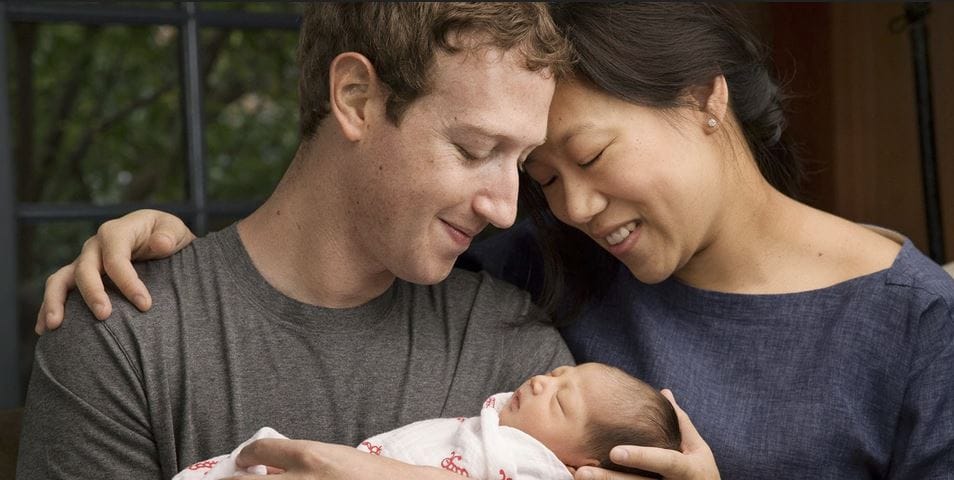Two views on the Zuckerberg donation.
Complains Jesse Eisinger on How Mark Zuckerberg’s Altruism Helps Himself at the NY Times, “superwealthy plutocrat” Zuckerberg’s charity LLC will allow him to donate money to charity and avoid paying taxes on the money donated to charity.
Society, through its elected members, taxes its members. Then the elected officials decide what to do with sums of money. In this case, it is different. One person will be making these decisions.
… I think I might do a good job allocating $45 billion. Maybe even better than Mr. Zuckerberg. I am self-aware enough to I realize many people would disagree with my choices.
… Mega-donations, assuming Mr. Zuckerberg makes good on his pledge, are explicit acknowledgments that the money should be plowed back into society. They are tacit acknowledgments that no one could ever possibly spend $45 billion on himself or his family, and that the money isn’t really “his,” in a fundamental sense. Because [if] that is the case, society can’t rely on the beneficence and enlightenment of the superwealthy to realize this individually. We need to take a portion uniformly — some kind of tax on wealth.
Compare this to the eloquent Ross Kaminsky on Not Giving Back, Just Giving | The American Spectator:
Still, when the uber-wealthy promise to give away their fortunes, there’s a part of me that can’t help but anticipate with some annoyance the inevitable fawning reactions of the commentariat that the particular billionaire is “giving back” — as if he or she had taken something, as if depleting a fortune is more newsworthy or praiseworthy than earning it (even though earning it seems more difficult and a precondition for giving it away).
… the Chan-Zuckerberg letter betrays an unfortunately collectivist mentality, discussing their “moral responsibility” and urging people to “collectively direct our resources,” as if resources are “ours” instead of “theirs” or “yours” or “mine.” Unless a person inherited or stole his riches — and I don’t believe that anyone mentioned above falls into that category — both in moral and economic terms the wealthy have by definition already given back.
….After years of hearing the twisted jealousy of the left, too many Americans believe that billionaires are “takers” and therefore have a duty to “give back.” That turns reality — and morality — on its head. These people have been wildly successful because they have made the lives of millions of human beings wildly more productive, secure, healthy and even fun.
…. Their affluence is a measure of their contributions to society, not their impoverishing of it. As laudable as it is that Mark Zuckerberg and other participants in the Giving Pledge direct their wealth toward charitable enterprises that reflect their goals and values, what should truly be celebrated is that they were able to earn those fortunes to begin with. No matter how well the billionaires target their altruistic impulses, they have improved our lives more by making their fortunes than by disposing of them.

